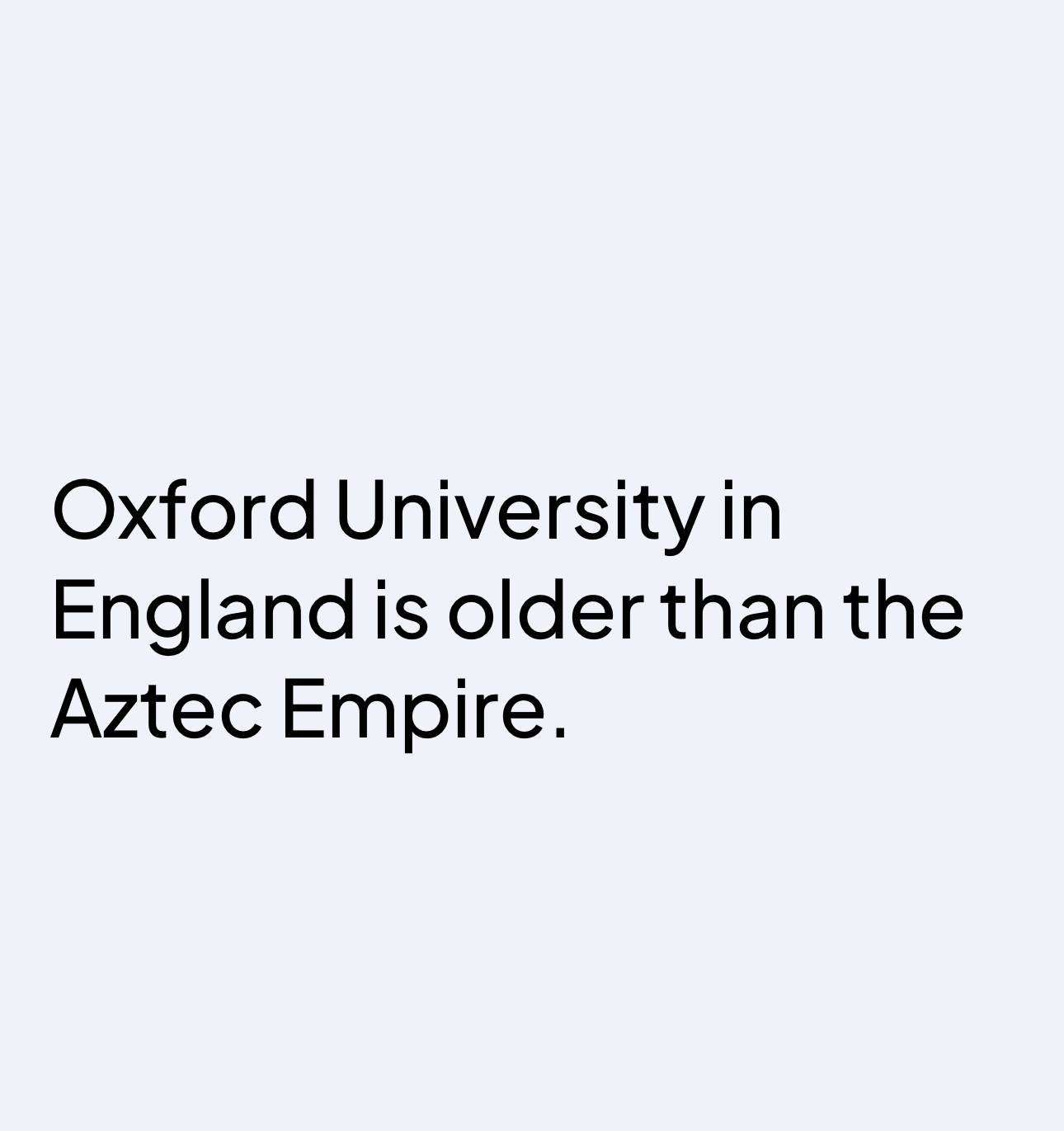A long time ago (about 100 years back), there was a Russian mathematician named Andrey Markov (a serious man who loved puzzles more than Pokémon).
People back then thought:
“If events are independent (like rolling dice), you can do maths on them. But if they are dependent (like today’s weather affecting tomorrow’s), it is too messy.”
Markov was like:
“Wait, what if I make a new kind of maths where the next thing can depend on the last thing — but only the last thing? Not the whole past.”
So he invented a system where you only need to look at where you are right now (that is enough to predict the chances of where you will be next). Enter the Markov chain. He tested his idea by looking at a really long poem (Pushkin’s Eugene Onegin). He counted how often vowels and consonants followed each other — like making a Pokémon map, but with letters.
So instead of “Pikachu → Bulbasaur,” he had “Vowel → Consonant.”


